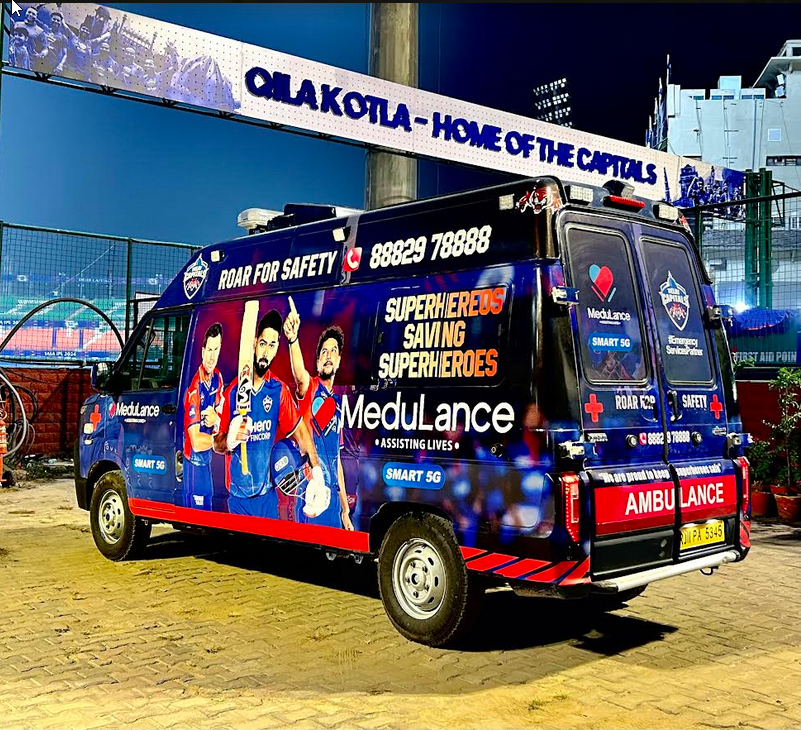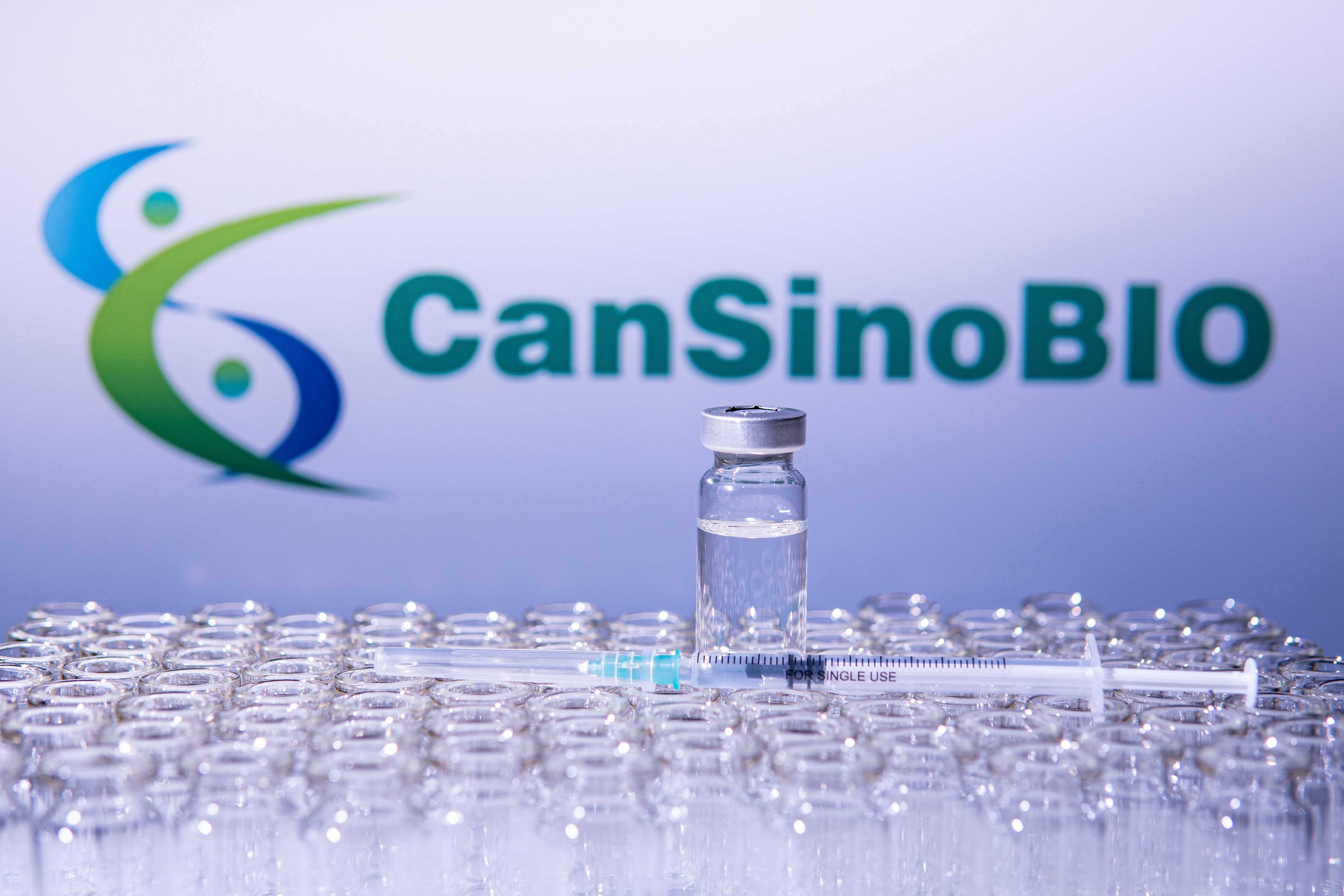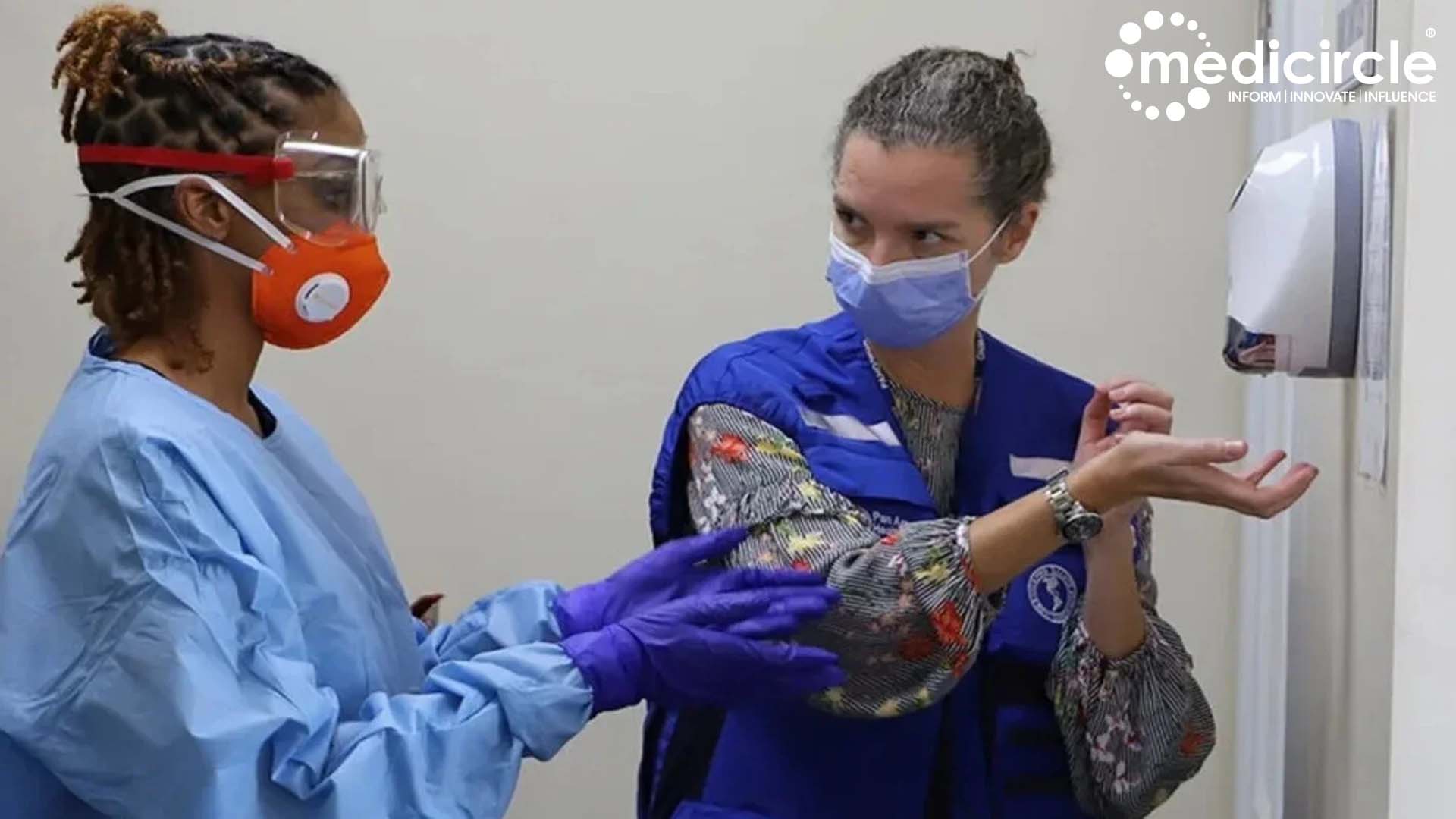The Council for Healthcare and Pharma today cited the urgent need to strengthen the system for the treatment of cancers in children, in India.
Speaking on the occasion of the International Childhood Cancer Day, Dr Gurpreet Sandhu, President, Council for Healthcare and Pharma said, "Cancer in Children from birth to the age of 18 is rearing its head as a huge problem. The irony is that if it were to be detected and treated early, children with cancer would have the highest chances of survival and recovery. Unfortunately, this is not the case as our systems to deal with paediatric cancer are woefully inadequate, leading to a high mortality rate, among children, on account of the disease."
The International Childhood Cancer Day is a global campaign to raise awareness about childhood cancer, and to express support for children and adolescents with cancer, the survivors and their families.
According to the Lancet Oncology Journal, July 2019, childhood cancers constitute 3-4% of all cancers in India and it is estimated that nearly 40-50,000 fresh childhood cancer cases are added each year. Approximately 20,000 children remain undiagnosed and untreated and as a consequence succumb to the disease. The other 20,000-30,000 are treated at medical centres where there are no adept oncologists. Without the essential holistic components of education, social support and nutrition, their survival rate is around 30-40%.
70% children with cancer still die of the disease in India due to lack of information about early symptoms of childhood cancer, late diagnosis, misdiagnosis, absence or weak referral systems, difficult access to care and treatment, high cost of treatment and medicines. Inadequate data also adds to this gap. Efficient Surveillance needs to be setup to monitor and identify challenges. Population-based cancer registries (PBCRs) and Hospital-based cancer registries (HBCRs) are therefore urgently needed and must be set up.
The most commonly occurring cancers in children are of acute lymphoblastic leukemia, Hodgkin's lymphoma, Non-Hodgkin's lymphoma, Wilms' tumor, retinoblastoma, brain tumors, bone tumors, neuroblastoma, Ewings sarcoma, osteosarcoma. However, the precise causes of most childhood cancers are as yet undetermined in contrast to adult cancers which are better researched.
India despite its capability in generic medicines experiences a lack of availability of essential anti-cancer drugs for treating childhood cancers. According to a study titled 'Evaluating access to essential medicines for treating childhood cancers essential anti-cancer medicines' (like Bleomycin, Carboplatin, Cisplatin, Cyclophosphamide, Dacarbazine, Daunorubicin, Etoposide, Ifosfamide,Vincristine, Thioguanine have been in short supply significantly lower than the WHO target of 80% availability across hospitals and pharmacies.
This situation can be substantially improved through early diagnosis, better access to specialised and affordable treatment as children suffering from cancer respond well to medical interventions.
Each year, more than 300,000 children ages birth to 19 years are diagnosed with cancer around the world. Approximately 8 in 10 of these children live in low and middle-income countries (LMIC) where their survival rate is often near 20%. In LMIC, where access to health care is limited and very challenging, survival rates are as low as 10-20% meaning that only 1-2 children out of 10 who are diagnosed with cancer and receive treatment will survive.
The World Health Organizations' (WHO) Global Initiative for Childhood Cancer aims to reach at least a 60% survival rate for children with cancer by 2030. It plans to increase prioritization of childhood cancer by raising awareness at global and national levels and by expanding the capacity of countries to deliver best practice in childhood cancer care.
The Council for Healthcare and Pharma (CHP) is an integrated, not-for-profit, Global think tank that advocates the development of sustainable health systems around the World. It looks at engaging with Governments and other stakeholders to adopt rational approaches that capture benefits, that accrue through the optimization of the eco-system and value chain involved in treating diseases and keeping people healthy. CHP members include global Pharmaceutical companies, Providers of Diagnostics, Medical device Manufacturers, Hospitals and adjunct services.
Headquartered in New Delhi, India, CHP focuses on Africa, Brazil, China, Germany, India, Japan, UK and the USA. Its important areas of work are in ease-of-doing-business; increasing competitiveness; broadening access to safe, efficacious and affordable healthcare services and medicines including generics and bio-similars. CHP is guided in its work by expert advisory committee's in Intellectual Property; Market Access; Regulatory Policy; Key Therapeutics - Women's Health, Oncology & Tropical Diseases; Research & Development (R&D); Artificial Intelligence (AI); Environment; Healthcare start-up's.
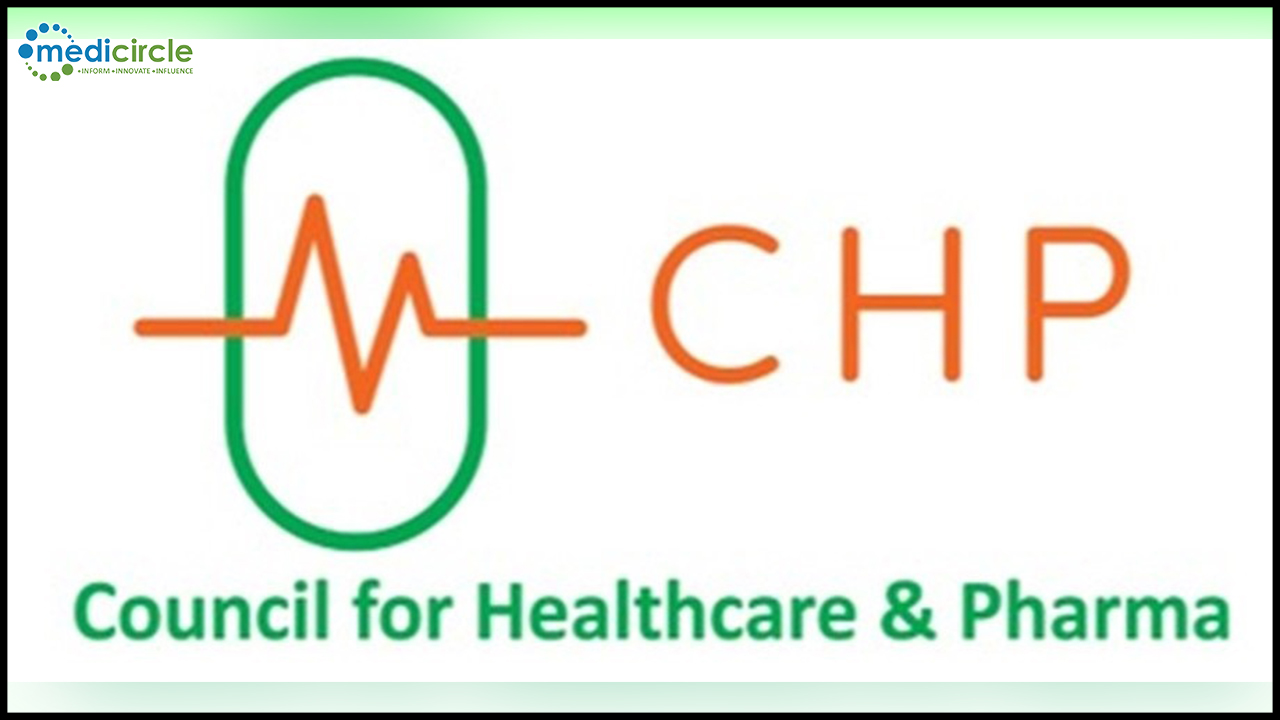
 Headquartered in New Delhi, India, CHP focuses on Africa, Brazil, China, Germany, India, Japan, UK and the USA. Its important areas of work are in ease-of-doing-business; increasing competitiveness; broadening access to safe, efficacious and affordable healthcare services and medicines
Headquartered in New Delhi, India, CHP focuses on Africa, Brazil, China, Germany, India, Japan, UK and the USA. Its important areas of work are in ease-of-doing-business; increasing competitiveness; broadening access to safe, efficacious and affordable healthcare services and medicines 














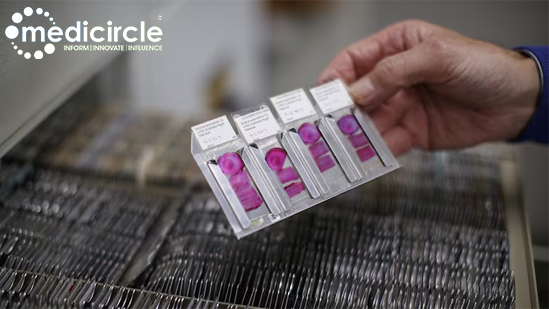
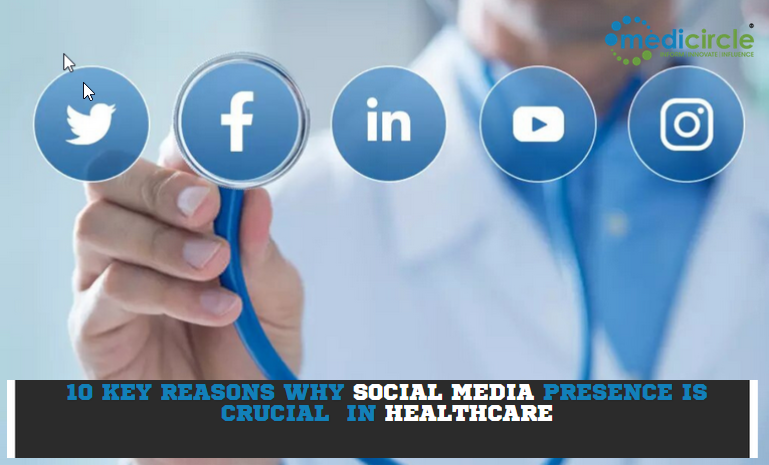
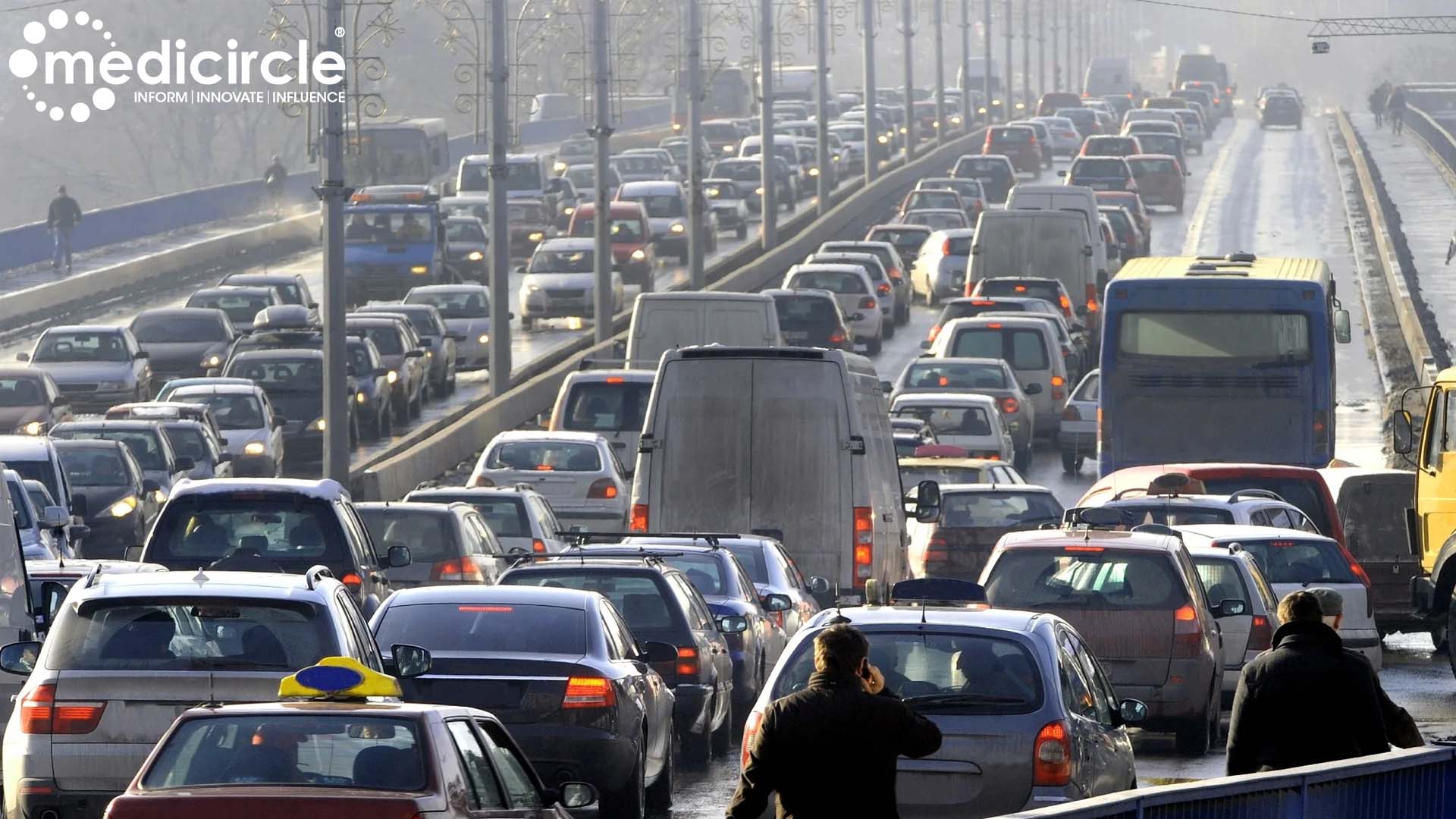

.jpeg)

